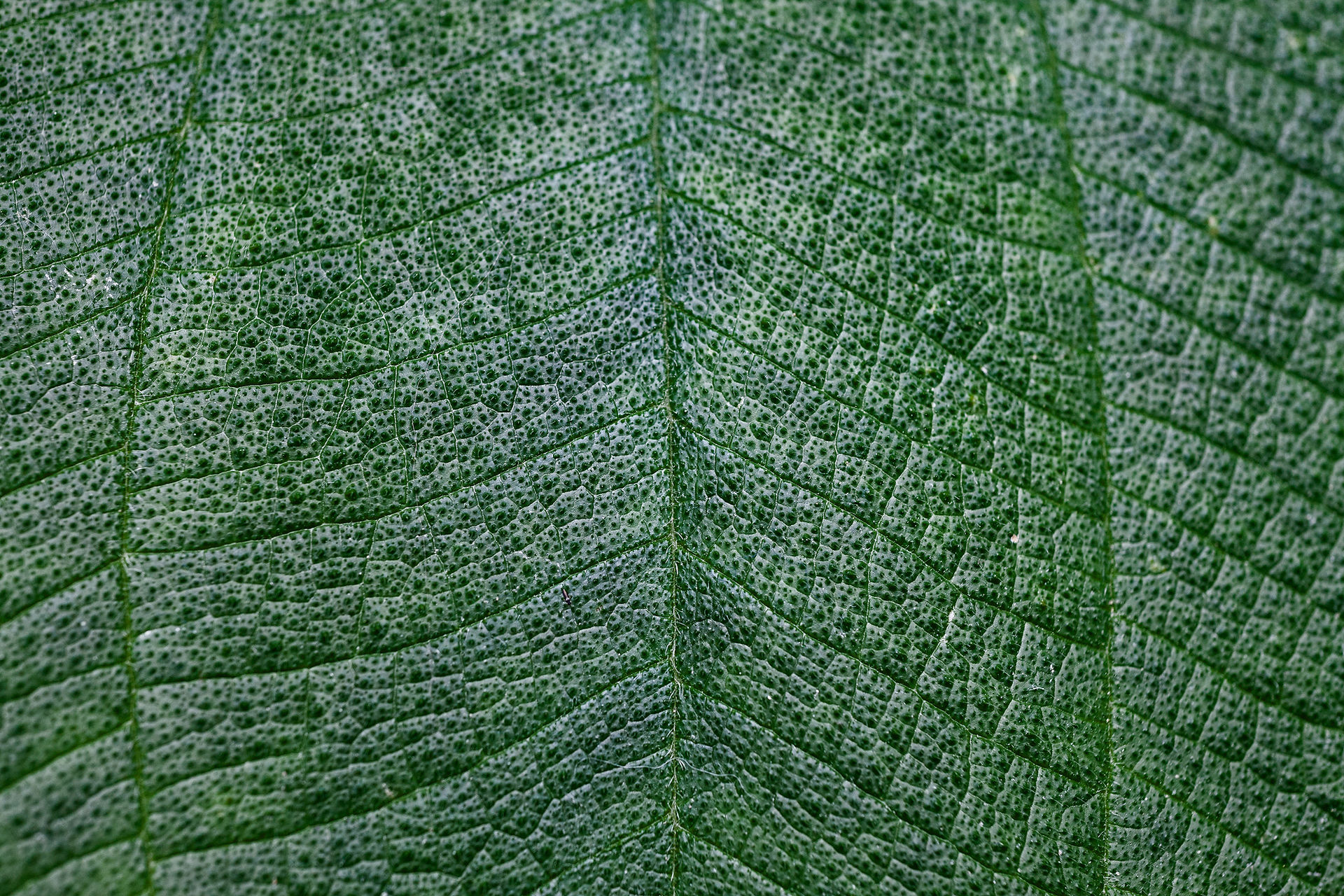





Curators' Message

Our fascination about the natural world is still very much influenced by an anthropocentric perception of reality, leading human to thinking and acting in terms of otherness.
The culture of otherness has determined such a disconnect between humans and nature that most of current debate, agreements and actions taken in the direction of conservation of habitats is seen in a very utilitarian way: as a powerful line of defense against harmful environmental change and as a tool for underpinning resilient communities (Steiner, 2017), meaning that current generations are much more sensitive to consider nature as an ally in the conservation of their own specie, than to learn from nature how to re-draw the rules for their participation to the global contest "planet evolution"

Cactus Man, 1882 by Odilon Redon (1840-1916)
The resistance by local players and global powers to the adoption of effective measures for the reduction of carbon dioxide emissions, to land-based conservation and restoration, to the abandonment of non-renewable resources, should no more be seen only as signs of human arrogance towards the natural environment, but also as lack of commitment to tackle the highest of the challenges at stake: train humanity to emulate what nature has been able to develop in the practices that have demonstrated to be the most effective for evolution along a journey that have lasted hundreds of thousands of years. Such challenges should be tackled at an ethical level, and require a true cultural shift of which policies first, and then practices, will be their operational tools.
Responsibility for such ethical change will likely be taken by generations to come; what we can do today is to seed the soil for them to thrive.
The 2019 Programme
The III Edition of UAE Modern, Nature Based Generations, consists of a site-specific installation for international contributions, a panel discussion, a PechaKucha and workshops. It will run from November 11 to November 16, 2019. With the III edition, UAE Modern reaffirms the decision to continue in its role as a nexus of research and development of best practices for scholars, researchers, practitioners, private and public institutions and the industry, for making the UAE a benchmark of sustainable development.
The site-specific installation Green Nexus will consist of a natural landmark where the contributions will be digitally accessible.
The panel discussion will be set to give voice to representatives of a shortlist of contributions. The PechaKucha and the workshops will also complement the III UAE Modern.
The installation showcasing international participations will be placed within the outdoor spaces of the D3 where the main programme of the Dubai Design Week takes place. The Panel Discussion will be on main stage at the D3. The PechaKucha will be hosted by Alserkal Avenue, the workshop by the Makers Space at the D3. The call is for best practices, projects, products, researches, applications, initiatives and solutions adopting a nature driven approach in tackling economic, social and environmental challenges including, but not limited to, climate change, water security, water pollution, food security, human health and disaster risk management.
The calls for submissions in one of the five categories – 1.cities, 2.communities, 3.materials and processes, 4.nutrition, 4.energy - is open to a variety of players ranging from NGOs to international and local institutions, to groups to individuals, who are actively contributing to address the above challenges.
